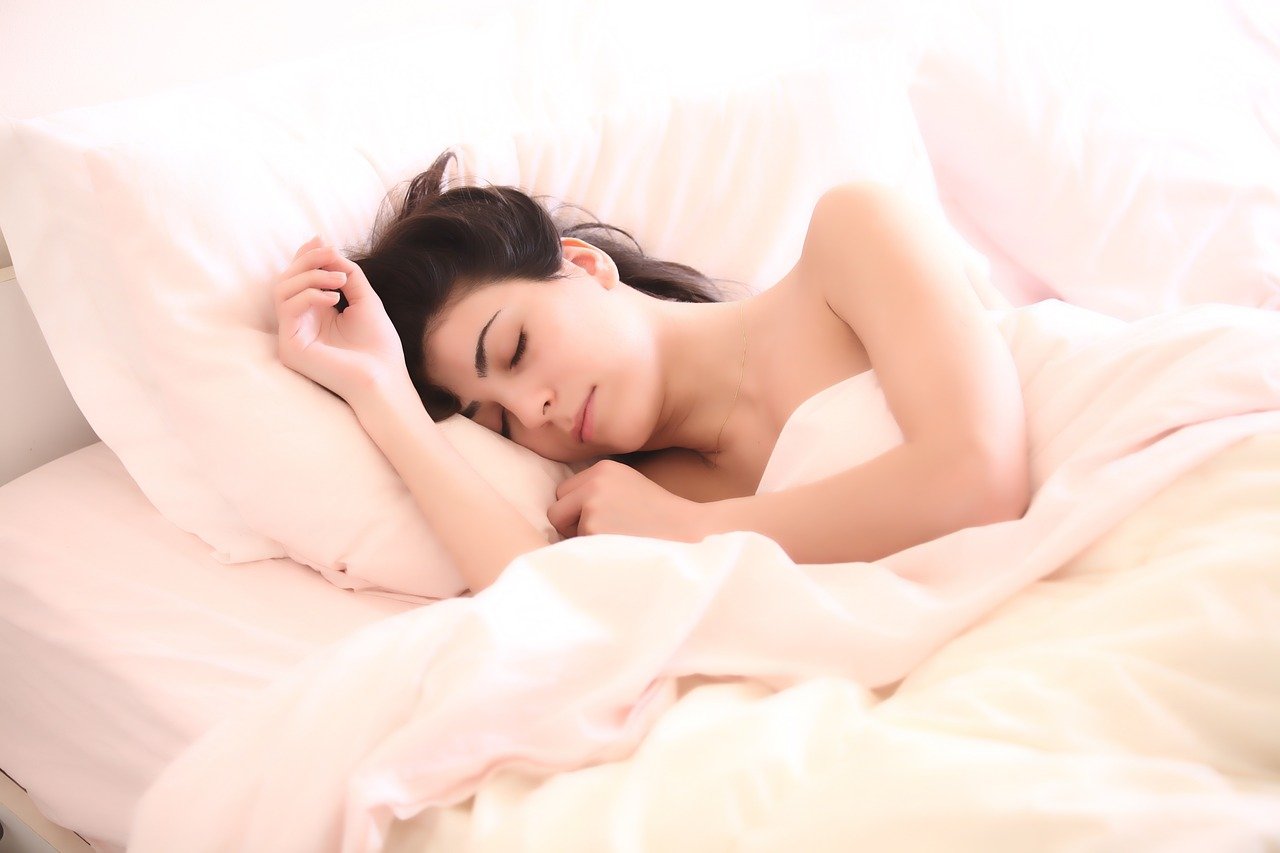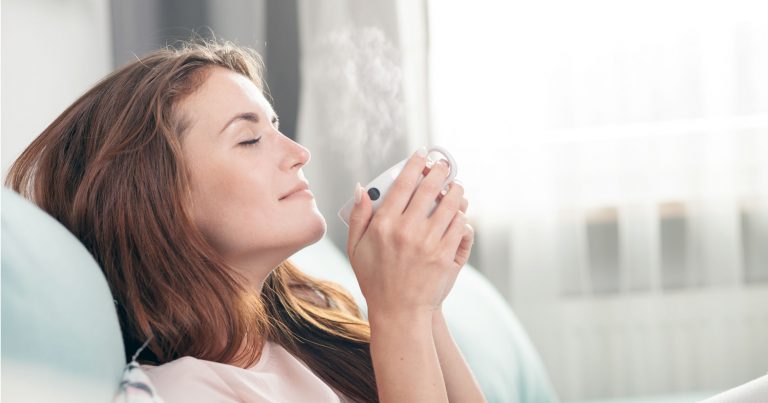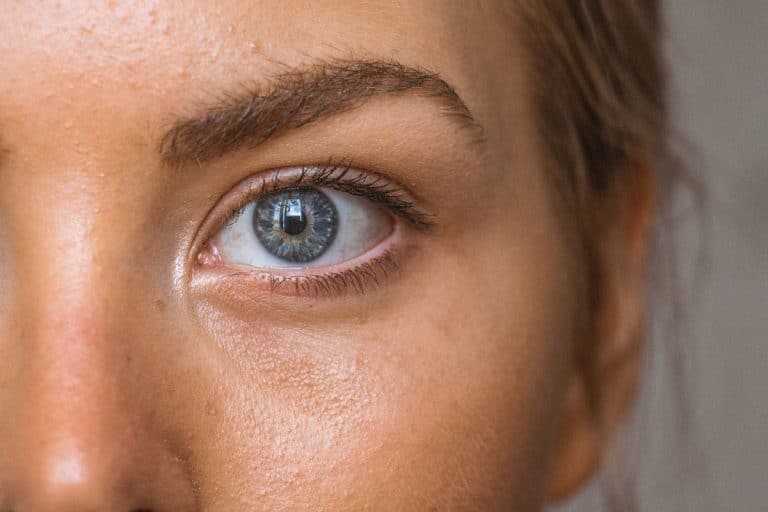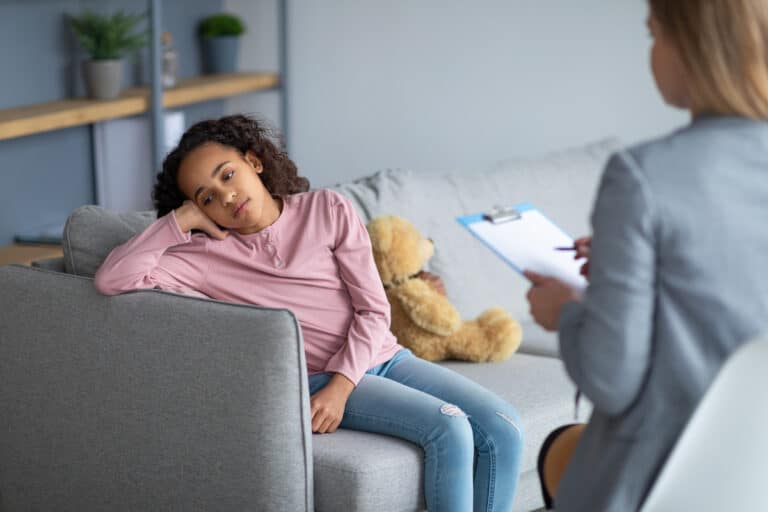You’ve probably heard of the importance of sleep. Sleep is a crucial part of a healthy lifestyle, but many people don’t get enough. Perhaps, like me, you are someone who has trouble drifting off to dreamland because of stress, health problems or getting your mind racing. I’m not an expert on sleep (I wish I was) but I have some tips that can help you get a great night sleep.
Sleep is one of the most important things in our lives, that we often take for granted. Sleep is a creature comfort that we all have the opportunity to embrace at any time and it’s up to us to do everything we can to ensure we are getting the best sleep possible.
In This Article
Tech-free bedtime
Your bedroom should be a place that you associate with sleep. Whenever possible, try removing as many distractions as possible from your bedroom. It is best to eat, check social media, and watch TV, in a different room. That way you can relax in your bedroom without distractions.
Be aware of the electronics and gadgets in your bedroom such as phones, tablets, computers, and televisions. The blue light suppresses melatonin production. This hormone helps you sleep, so when melatonin is suppressed it can cause your sleep to be disrupted. You should quit using your electronic devices a couple of hours before you go to sleep to reduce the impact they have on your sleep.
Make managing physical symptoms a priority
As everyone who has attempted to fall asleep with a headache or blocked nose is aware, physical health issues can prevent you from sleeping well at night. With minor symptoms, it can be very easy to forget. However, you will be glad you did when night comes and you have spoken to your pharmacist about getting the right medication to manage your symptoms.
Temperature, sound, and light
It might sound like common sense but too much background noise and light can keep you awake or prevent you from being able to fall asleep. For sources of noise and light that you cannot control, earplugs or eye masks are great items to invest in. Temperatures are important as well, and if you have a sleeping partner who has different temperature preferences, think about solutions like using separate blankets that compromise your sleep less.
Dealing with worry
If you think about sleep too much o try to force yourself to go to sleep, it will end up keeping you awake. If you instead learn how to relax both your mind and body it will help you more easily go to sleep.
During these times, progressive relaxation techniques will help you unwind and relax. Visit the Clarity Clinic for advice.
Foods that hinder and help
Eating dairy products, oats, and rice can produce chemicals that can increase your desire to go to sleep. In addition to avoiding caffeine, which is obvious, when it comes to food and beverage to avoid, anything high in sugar that will keep you awake if you consume them later in the day. A large meal consumer after mid-evening could also prevent you from getting to sleep.
Alcohol alert
Although alcohol can cause you to feel tired and help you fall asleep, it also can impair the quality of sleep and makes it more likely that you will wake up in the middle night as their effects start to wear off, and you might need to go to the bathroom often or wake up feeling dehydrated and need to drink some water.
Time when you exercise
Exercising regularly can help you sleep, relieve stress, and help to reduce anxiety. It is better to exercise earlier in the day since exercise helps to increase your body’s production of adrenaline, which can make it harder to fall asleep if you exercise right before going to bed.










![Home Renovation Guide [2025]](/app/uploads/2021/04/design-hacks-1-378x300.jpg)
